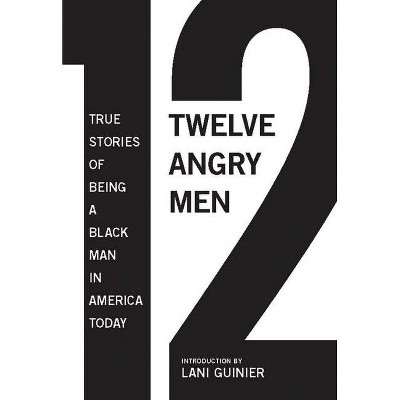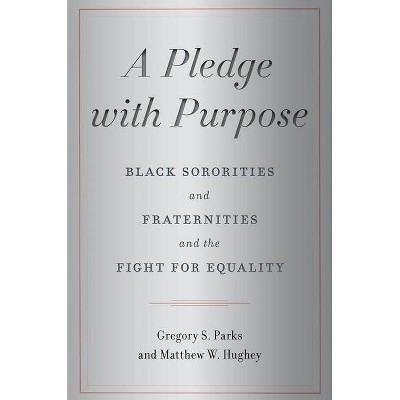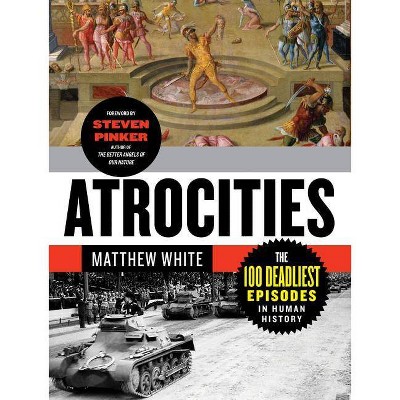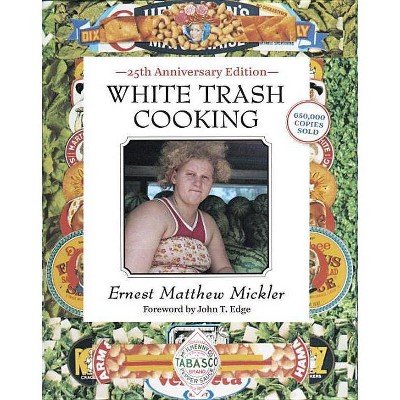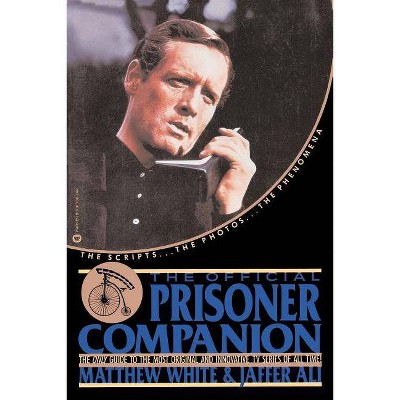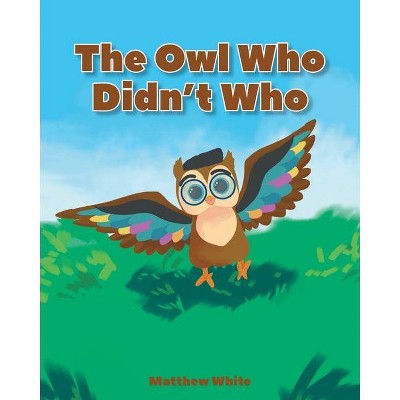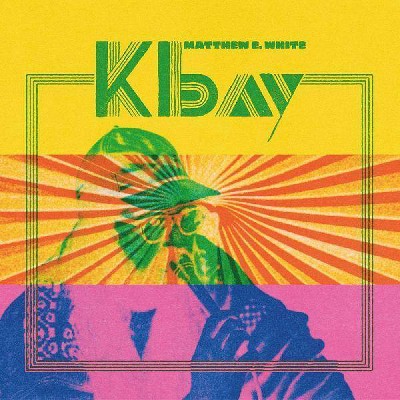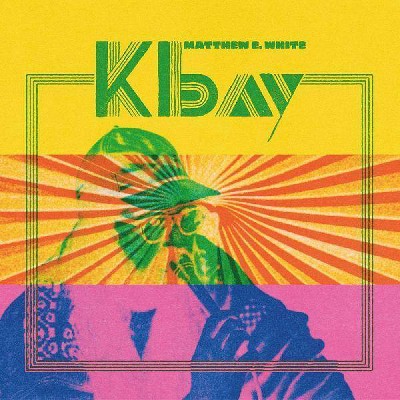White Bound - by Matthew Hughey (Paperback)
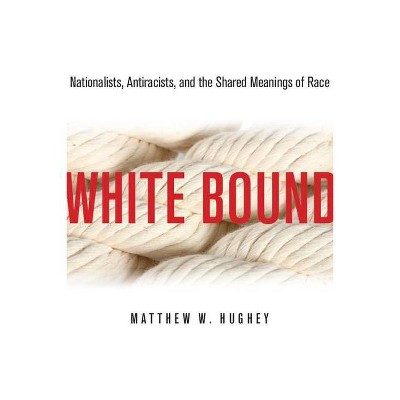
Similar Products
Products of same category from the store
AllProduct info
<p/><br></br><p><b> About the Book </b></p></br></br>A comparative study of a white supremacist organization and a white antiracist organization to understand the underlying similarities of how groups make-meaning of race and whiteness.<p/><br></br><p><b> Book Synopsis </b></p></br></br>A comparative study of a white supremacist organization and a white antiracist organization to understand the underlying similarities of how groups make-meaning of race and whiteness.<p/><br></br><p><b> Review Quotes </b></p></br></br><br><i>White Bound</i> is a book that will definitely create a stir in both the academic and the nonacademic communities . . . There is no doubt that <i>White Bound</i> will be viewed as a major contribution in sociology.--Saher Selod "<i>Humanity & Society</i>"<br><br><i>White Bound</i> is both fascinating and horrifying, and a useful contribution to the sociology of race.--Terese Jonsson "<i>London School of Economics (LSE) Review of Books</i>"<br><br>[T]he study unearths the meanings white people attach to whiteness and explores how those meanings are enacted across the political spectrum . . . The book excels as an example of great ethnography. Hughey paints a vivid picture that takes the reader inside the daily operations of both [National Equality for All (NEA) and Whites for Racial Justice (WRJ)].--Corey D. Fields "<i>American Journal of Sociology</i>"<br><br>Drawing on rich interviews, Matthew Hughey demonstrates the depths and power of the centuries-old white racial frame in the minds of whites in both explicitly racist and openly antiracist groups. Consciously and unconsciously, whites in both make significant use of racialized social capital and white-centered identities, understandings, and meanings. This is a bold study by a savvy new talent in sociology.--Joe Feagin Texas A&M University "author of <i>Racist America</i> and <i>The White Racial Frame</i>"<br><br>Hughey offers a provocative effort to plumb the cultural complexity of modern white racial identity. <i>White Bound</i> seeks to illuminate often hidden linkages between racist and antiracist social projects. The book is a worthy addition to the growing literature on whiteness studies.--Lawrence D. Bobo "Harvard University"<br><br>This book brings a fresh and innovative perspective to the sociological analysis of whiteness . . . The key strength of this book is the simplicity and brilliance of the project design. The juxtaposition of these two apparently politically opposed organizations provides rich ethnographic material for Hughey to theorize and deconstruct the micro-politics that facilitates the meanings of whiteness and the reproduction of white hegemony. Without a doubt a further strength of this book is the richness and depth of the ethnography . . . [T]he merits of this book . . . are considerable.--Katharine Tyler "</i>Ethnic and Racial Studies</i>"<br><br>This book is essential reading! Matthew Hughey expertly uses interview material to demonstrate how current assumptions about whiteness influence two groups as opposite as white nationalists and white antiracists. <i>White Bound</i> makes an important contribution to our understanding of the continuing significance of race in the U.S.--Ashley W. Doane "University of Hartford"<br><br>This is a smart book that calls attention to a number of important sociological lessons . . . Hughey outdid himself in the strength of his argument.--Nancy DiTomasco "<i>Contemporary Sociology: A Journal of Reviews</i>"<br><br>This provocative monograph challenges the taken-for-granted meanings, rules and expectations of whiteness that persist within the supposedly polar opposite white nationalist and anti-racist stances, developing a theory of white identity within a bifurcated political debate . . . The clever thesis blurs the boundaries between 'good whites' and 'bad whites', rendering the white reader intellectually stimulated.--Kathy A. Mills "<i>Qualitative Research</i>"<br><br>White Bound is a carefully constructed study of the structure and meaning of race, especially whiteness, in the contemporary United States. In an innovative approach, Hughey traces the common logics and similar racial understandings of white racist activists and white antiracist activists to discern the foundational meanings of race in this country. . . Advanced undergraduates and graduate students will find White Bound an excellent model for racial ethnography. It deserves a careful read by all scholars of race and social movements.--Kathleen Blee "<i>Social Forces</i>"<br><p/><br></br><p><b> About the Author </b></p></br></br>Matthew Hughey is Associate Professor at the University of Connecticut. He is the co-editor of <i>The Obamas and a (Post) Racial America?</i> (2011), <i>Black Greek-Letter Organizations, 2.0: New Directions in the Study of African American Fraternities and Sororities</i> (2011), and <i>12 Angry Men: True Stories of Being a Black Man in America Today</i> (2010), and a frequent voice in national media, including <i>NPR, ABC News, The Huffington Post, Inside Higher Education, </i> and <i>The New York Times</i>
Price History
Price Archive shows prices from various stores, lets you see history and find the cheapest. There is no actual sale on the website. For all support, inquiry and suggestion messagescommunication@pricearchive.us
